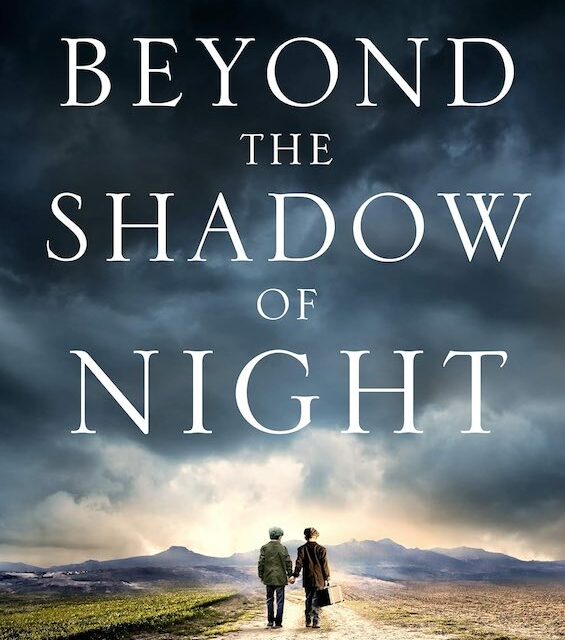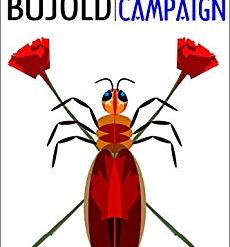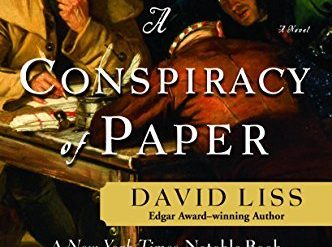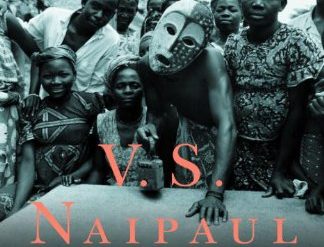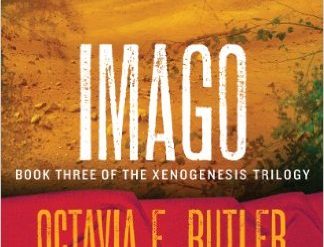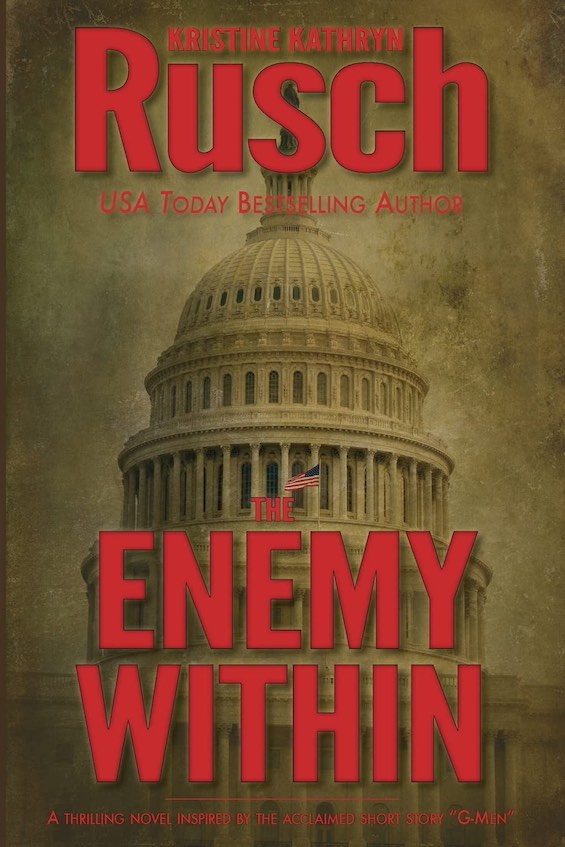
Estimated reading time: 5 minutes
Two cataclysmic events a century ago brought a grim and violent end to the lives of tens of millions of Eastern Europeans. In the Ukrainian Holodomor of 1932-33, the famine Josef Stalin engineered, five million people perished of starvation. And in the Second World War that followed soon afterward, at least twenty million more in the region died from the fighting, the Nazi extermination squads, and the death camps. These two events shape the lives of two men, best of friends growing up in Ukraine. Circumstances send them on different paths in the cauldron of war. Ray Kingfisher tells their sad story in Beyond the Shadow of Night, weaving a murder mystery into a compelling story of the legacy of World War II.
Two best friends follow different paths
Born in a Ukrainian farming village on the same day in 1923, Mykhail Petrenko and Asher Kogan become brothers in all but name. They suffer together in Stalin’s Great Famine but survive the time with produce from their farms. They are blind to the difference between them: Asher is Jewish, Mykhail is not. But when Hitler’s legions unleash war on Poland and, two years later, on the Soviet Union, they both fall victim to its unstoppable force. Asher and his family have moved to Warsaw, where they end up in the Ghetto. And the Red Army conscripts Mykhail as Axis troops overrun their land. Mykhail becomes a prisoner-of-war. Eventually, their paths will cross again—as enemies.
Beyond the Shadow of Night by Ray Kingfisher (2019) 381 pages ★★★★☆
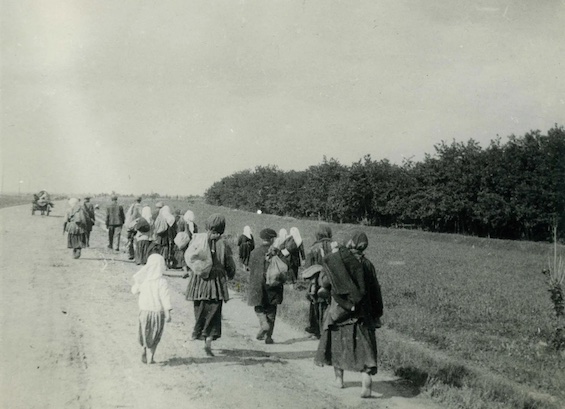
The Great Ukrainian Famine: Stalin’s greatest crime
For most Westerners, the purge, the show trials, and the Gulag loom largest among Stalin’s many crimes. But for the people of Ukraine and scholars of Soviet history, the Holodomor was a far greater offense. Five million of the country’s thirty-one million people died in the early years of the 1930s. One of every six. And it was no famine caused by drought or crop failure. The Holodomor was an inevitable consequence of Soviet policy. Because Stalin set out to eradicate the Ukrainian independence movement and stifle Ukrainian cultural autonomy. And he required officials to confiscate food from Ukrainian farmers to feed Soviet cities when his policy of consolidating farmland into collectives proved a failure. The experience haunts Mykhail and Asher for the rest of their lives.
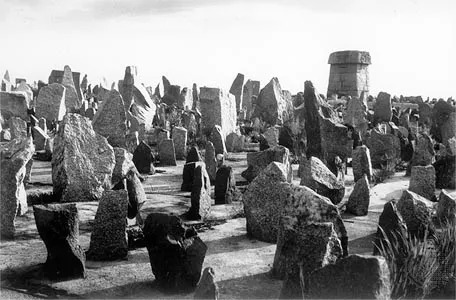
Death—the grim legacy of World War II
It will be no surprise to anyone with even the vaguest familiarity with World War II that a Jewish man in Warsaw would end up in a death camp. In fact, under German genocidal policies, all the Jews in Warsaw were evacuated to Treblinka—and nearly all of them died in the gas chambers. The number killed at Treblinka was second only to Auschwitz-Birkenau among all the Nazi death camps. Be prepared, then, for the site to play a large role in this novel. Because Treblinka and the other death camps remain to this day the most horrific aspect of the legacy of World War II.
About the author

Ray Kingfisher is best known for his three “Holocaust Echoes” historical novels: The Sugar Men, Rosa’s Gold, and Beyond the Shadow of Night. But he has written seven other novels, a novella, and a volume of short stories under several other pen names. Apparently, his first name really is Ray, but the surnames are all invented. “Kingfisher” is British and lives in Hampshire in the UK.
For related reading
You’ll find related books at:
- 25 most enlightening historical novels
- Top 10 historical mysteries and thrillers
- The 10 best novels about World War II
- Good books about the Holocaust
And you can always find my most popular reviews, and the most recent ones, on the Home Page.

